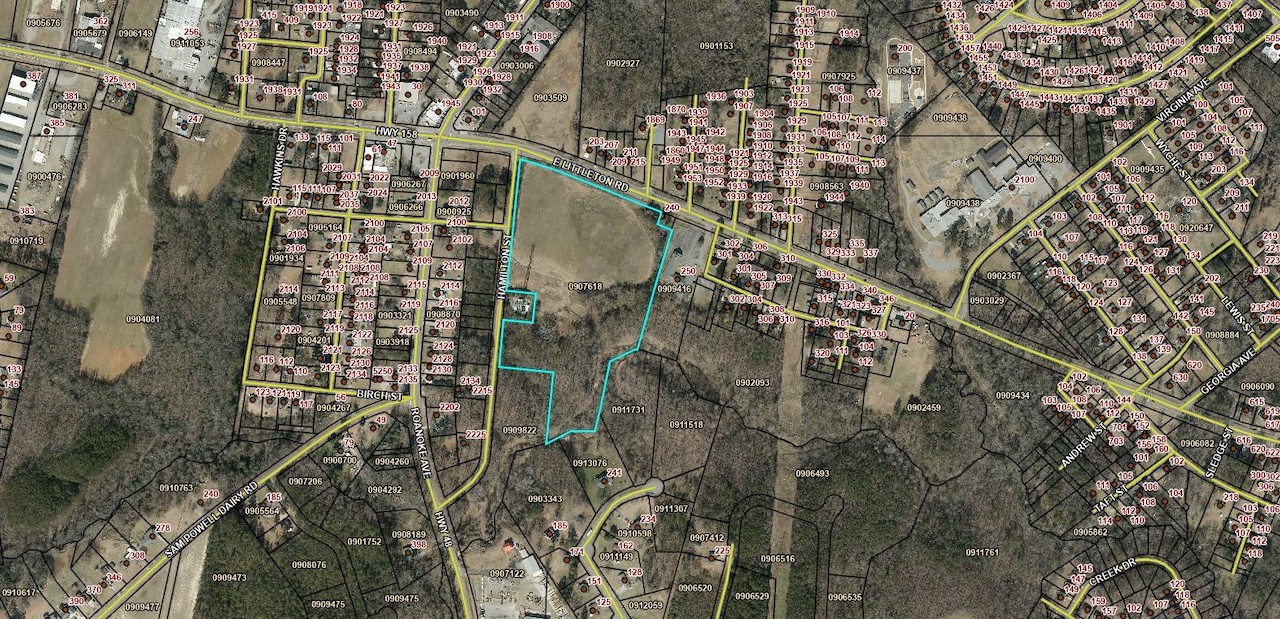An affordable family apartment project in Roanoke Rapids is one of 52 throughout the state that will benefit through federal tax credits and other financing awarded this year.
The total investment will be more than $973 million in 29 counties.
The North Carolina Housing Financing Agency said the projects are expected to support 15,900 jobs and generate $47 million in state and local tax revenue.
-
 Click to open image!
Click to open image!
Click to open image!
Click to open image!
-
 Click to open image!
Click to open image!
Click to open image!
Click to open image!
-
 Click to open image!
Click to open image!
Click to open image!
Click to open image!
https://www.rrspin.com/news/7742-rr-affordable-apartment-units-will-benefit-from-tax-credit-program.html#sigProId062568c825
In Roanoke Rapids, the Stateside Landing project received $1,093,050 in housing credits and a Rental Production Program Loan of $2 million.
Halcon Development submitted the application for a 64-unit project targeting families.
Land for the project is located off Highway 158 and South Hamilton Street across from Spring Street, according to the Roanoke Rapids Planning and Development Department.
A preliminary meeting was held this past spring with Mark McClosky of East Point Homes.
“There is a well-documented lack of affordable housing for low- and moderate-income families throughout the city of Roanoke Rapids,” City Manager Kelly Traynham said. “Most renters spend more than 30 percent of their income on renting housing older than the state and national averages.”
Traynham said these households often do not have sufficient income to purchase or rent new or substantially rehabilitated homes. “Low incomes, infrastructure challenges, and a lack of incentives have caused residential developers to overlook the region, resulting in a lack of housing choices for residents, as well as attractive options for prospective residents.”
The tax credit program, she said, “Enables private investment in affordable housing development to help address the problem of limited housing choice. Stateside Landing will provide 64 apartment units for qualifying families to live in safe, sanitary living situations that they can afford and experience a healthier quality of life.”
Tax credits and tax-exempt bonds, including tax-exempt bond awards from January and June were approved by the North Carolina Federal Tax Reform Allocation Committee last week, based on recommendations from the North Carolina Housing Finance Agency, which administers the Low-Income Housing Tax Credit program.
“LIHTC is our country’s primary financing tool for the development and preservation of affordable rental housing, and provides vital infrastructure for communities,” said Scott Farmer, executive director of the North Carolina Housing Finance Agency. “These apartment homes will help address the growing shortage of affordable rental housing for working families and seniors in North Carolina.”
The funding will produce 3,997 privately owned and managed affordable apartments.
These include 3,014 apartments for families and 983 for seniors. At least 390 of the apartments will be targeted for people with disabilities.
The new awards will bring the number of Housing Credit apartments in the state to more than 124,700.
Agency loans totaling more than $21 million were also awarded to 19 properties that received credits.
These loans are funded using the state Housing Trust Fund, the federal HOME Program and the National Housing Trust Fund to improve economic feasibility for rental developments.
Four properties received $4.4 million from the Workforce Housing Loan Program, which was established by the North Carolina General Assembly in 2014 to encourage development of Housing Credit apartments in low-income counties and reduce rents in moderate- and high-income counties.
The North Carolina Housing Finance Agency evaluates tax credit applications on behalf of the North Carolina Federal Tax Reform Allocation Committee.
The program received 86 full applications this year. It uses a quantitative ranking system and includes independent market studies of each property and site visits by agency staff.
Each property is rated for architectural design, rent affordability, financial stability, capability of the development team and criteria to ensure statewide distribution of the financing.








